Brass—a versatile, corrosion-resistant alloy of copper and zinc—has become the metal of choice across numerous industries due to its outstanding electrical, thermal, and mechanical properties. From power distribution systems to plumbing frameworks and HVAC components, brass parts are vital to the durability and functionality of countless products and infrastructure systems.
At Kriloha Ltd., we specialize in supplying high-precision, high-performance brass components that meet international standards for strength, conductivity, machinability, and longevity. Let’s explore how our brass products serve as critical building blocks across electrical, construction, mechanical, and HVAC industries.
In the fast-evolving electrical and electronics sector, brass components are prized for their excellent conductivity, strength, and resistance to corrosion and sparking. Unlike other metals, brass does not produce magnetic interference, making it ideal for precision electronics and electrical systems.
At Kriloha Ltd., we supply a wide array of brass parts for electrical applications, including:
These components are engineered to deliver safe, consistent electrical flow, minimizing heat generation and maximizing durability. Our brass parts can be customized to meet IEC and UL standards, and are used in residential wiring, industrial control panels, and telecommunications equipment worldwide.
Mechanical systems demand components that can withstand high pressure, repetitive motion, and extreme temperatures. Brass parts offer a perfect blend of malleability and strength, making them ideal for manufacturing precision mechanical fittings.
Our mechanical product range includes:
Each piece manufactured by Kriloha undergoes rigorous testing for accuracy, tolerance, and strength. We cater to OEMs, machine manufacturers, and maintenance services that rely on the uninterrupted performance of their mechanical systems. Our brass parts are custom-machined to meet client-specific dimensions, threads, and surface finishes.
In construction, durability and corrosion resistance are critical, especially in outdoor or high-moisture environments. Brass fittings are widely used in both residential and commercial construction due to their resistance to rust, high-pressure capacity, and non-toxic nature.
Our brass solutions for the construction industry include:
Kriloha’s brass components not only perform exceptionally under stress but also add aesthetic value to architectural finishes. Builders and contractors trust us for long-lasting fittings that require minimal maintenance and offer superior sealing in water supply systems.
The HVAC industry relies heavily on materials that offer long-term durability, thermal stability, and leak-proof properties. Brass excels in these areas, making it the preferred material for refrigerant systems, compressors, and air handlers.
Kriloha Ltd. supplies a wide range of HVAC components such as:
These parts are corrosion-resistant to refrigerants, withstand high pressure, and offer ease of installation in tight spaces. Our brass fittings reduce the risk of gas leaks and ensure efficient cooling and heating performance, which is vital in commercial and residential HVAC systems.

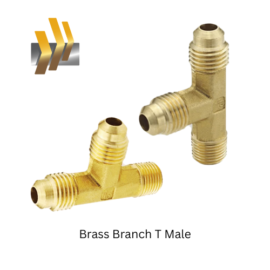
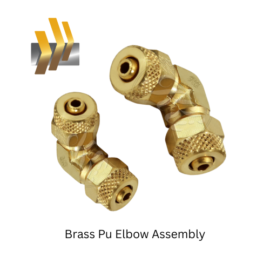
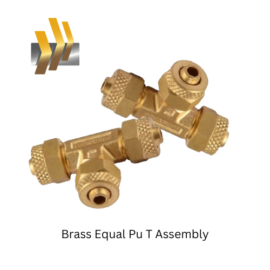
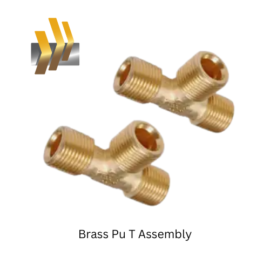
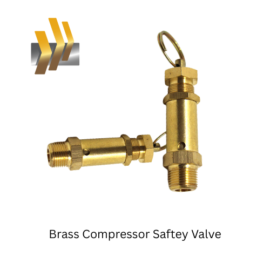
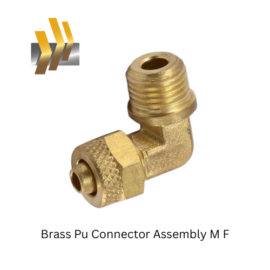
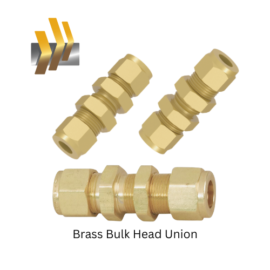
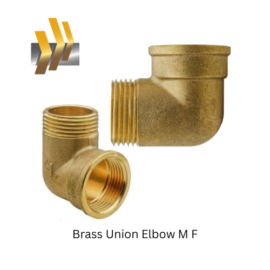
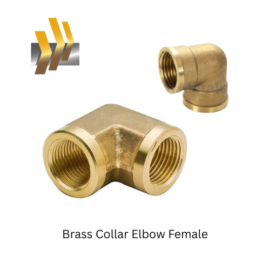
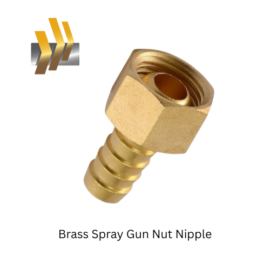
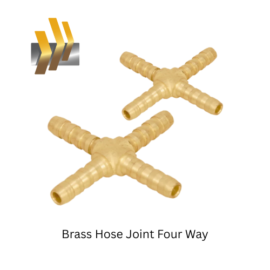
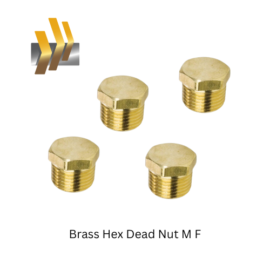
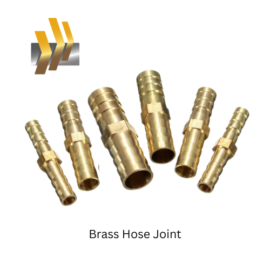
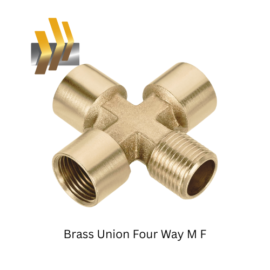
Brass metal parts are components made from brass, an alloy primarily composed of copper and zinc. They are widely used due to brass's excellent properties, including corrosion resistance, durability, malleability, and aesthetic appeal. These characteristics make brass suitable for various applications across industries such as electrical, plumbing, mechanical, and decorative arts.
Brass components are utilized in numerous applications, including:
• Plumbing fittings and valves: Due to their corrosion resistance and durability.
• Electrical connectors and terminals: Owing to brass's good electrical conductivity.
• Musical instruments: Such as trumpets and saxophones, for their acoustic properties.
• Decorative items: Like door handles and fixtures, because of their aesthetic appeal.
• Mechanical parts: Including gears and bearings, benefiting from brass's low friction.
Brass offers a unique combination of properties:
• Corrosion resistance: Making it ideal for plumbing and marine applications.
• Malleability: Allowing for easy fabrication into complex shapes.
• Low friction: Beneficial for moving mechanical parts.
• Antimicrobial properties: Reducing bacterial growth on surfaces.
• Aesthetic appeal: Providing a gold-like appearance for decorative uses.
Yes, brass alloys vary based on their copper and zinc content, and sometimes include other elements:
• Alpha brasses: Contain less than 37% zinc; they are more ductile and suitable for cold working.
• Alpha-beta brasses: Contain 37–45% zinc; they are stronger and used for hot working.
• Leaded brasses: Include a small amount of lead to improve machinability.
Brass is generally safe for drinking water systems; however, some brass alloys contain lead to enhance machinability. To ensure safety, especially in potable water applications, it's important to use lead-free brass alloys that comply with relevant health and safety standards.
Brass exhibits good corrosion resistance in various environments; however, in marine settings, it can be susceptible to dezincification—a process where zinc leaches out, weakening the material. To combat this, specialized brass alloys like naval brass, which includes tin, are used for enhanced corrosion resistance in saltwater conditions.
Yes, brass is highly recyclable without significant loss of quality. Recycling brass conserves resources and energy, making it an environmentally friendly choice. Many brass products are made from recycled materials, contributing to sustainable manufacturing practices
Brass is known for its excellent machinability. Common fabrication techniques include:
• Cutting: Using tools like saws, lasers, or water jets.
• Bending: Employing press brakes or rolling machines.
• Soldering and welding: Soldering is preferred due to brass's thermal conductivity.
• Polishing: To achieve a smooth, shiny finish.
While brass has many advantages, there are some considerations:
• Cost: Brass can be more expensive than some other metals.
• Susceptibility to dezincification: In certain environments, leading to reduced strength.
• Lead content: Some brass alloys contain lead, which may not be suitable for all applications
Selecting the appropriate brass alloy depends on factors such as:
• Mechanical requirements: Strength, hardness, and ductility.
• Environmental conditions: Exposure to moisture, chemicals, or saltwater.
• Fabrication processes: Machining, forming, or casting needs.
• Regulatory standards: Compliance with health and safety regulations, especially for potable water or food-related uses.
Consulting with a materials engineer or supplier can help determine the best alloy for your specific needs.
3 Stanhope Gate, Yorktown Business Park Camberley GU15 3DW. UK
© Copyright by Cytech Media